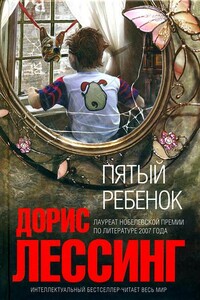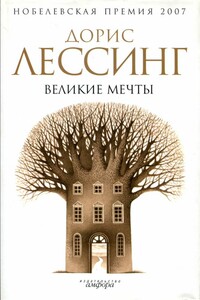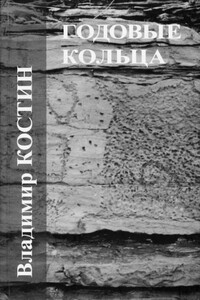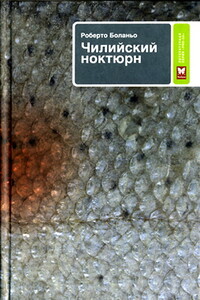Margaret sat down helplessly, and thought: Well, if it's the end, it's the end. What now? We'll all three have to go back to town… But at this, she took a quick look at Stephen, the old man who had farmed forty years in this country, been bankrupt twice, and she knew nothing would make him go and become a clerk in the city. Yet her heart ached for him; he looked so tired, the worry-lines deep from nose to mouth. Poor old man… He had lifted up a locust that had got itself somehow into his pocket, holding it in the air by one leg. 'You've got the strength of a steel-spring in those legs of yours, he was telling the locust, good-humouredly. Then, although he had been fighting locusts, squashing locusts, yelling at locusts, sweeping them in great mounds into the fires to burn for the last three hours, nevertheless he took this one to the door, and carefully threw it out to join its fellows as if he would rather not harm a hair of its head. This comforted Margaret, all at once she felt irrationally cheered. She remembered it was not the first time in the last three years the men had announced their final and irremediable ruin.
'Get me a drink, lass, he then said, and she set the bottle of whisky by him.
In the meantime, out in the pelting storm of insects, her husband was banging the gong, feeding the fires with leaves, the insects clinging to him all over — she shuddered. 'How can you bear to let them touch you? she asked. He looked at her, disapproving. She felt suitably humble — just as she had when he had first taken a good look at her city self, hair waved and golden, nails red and pointed. Now she was a proper farmer's wife, in sensible shoes and a solid skirt. She might even get to letting locusts settle on her — in time.
Having tossed back a whisky or two, old Stephen went back into the battle, wading now through glistening brown waves of locusts.
Five o'clock. The sun would set in an hour. Then the swarm would settle. It was as thick overhead as ever. The trees were ragged mounds of glistening brown.
Margaret began to cry. It was all so hopeless — if it wasn't a bad season, it was locusts, if it wasn't locusts, it was army- worm, or veld fires. Always something. The rustling of the locust armies was like a big forest in the storm, their settling on the roof was like the beating of the rain, the ground was invisible in a sleek brown surging tide — it was like being drowned in locusts, submerged by the loathsome brown flood. It seemed as if the roof might sink in under the weight of them, as if the door might give in under their pressure and these rooms fill with them — and it was getting so dark… she looked up. The air was thinner, gaps of blue showed in the dark moving clouds. The blue spaces were cold and thin: the sun must be setting. Through the fog of insects she saw figures approaching. First old Stephen, marching bravely along, then her husband, drawn and haggard with weariness. Behind them the servants. All were crawling all over with insects. The sound of the gongs had stopped. She could hear nothing but the ceaseless rustle of a myriad of wings.
The two men slapped off the insects and came in.
'Well, said Richard, kissing her on the cheek, 'the main swarm has gone over.
'For the Lord's sake, said Margaret angrily, still half- crying, 'what's here is bad enough, isn't it? For although the evening air was no longer black and thick, but a clear blue, with a pattern of insects whizzing this way and that across it, everything else — trees, buildings, bushes, earth, was gone under the moving brown masses.
'If it doesn't rain in the night and keep them here — if it doesn't rain and weight them down with water, they'll be off in the morning at sunrise.
'We're bound to have some hoppers. But not the main swarm, that>7s something.
Margaret roused herself, wiped her eyes, pretended she had not been crying, and fetched them some supper, for the servants were too exhausted to move. She sent them down to the compound to rest.
She served the supper and sat listening. There is not one maize-plant left, she heard. Not one. The men would get the planters out the moment the locusts had gone. They must start all over again.






